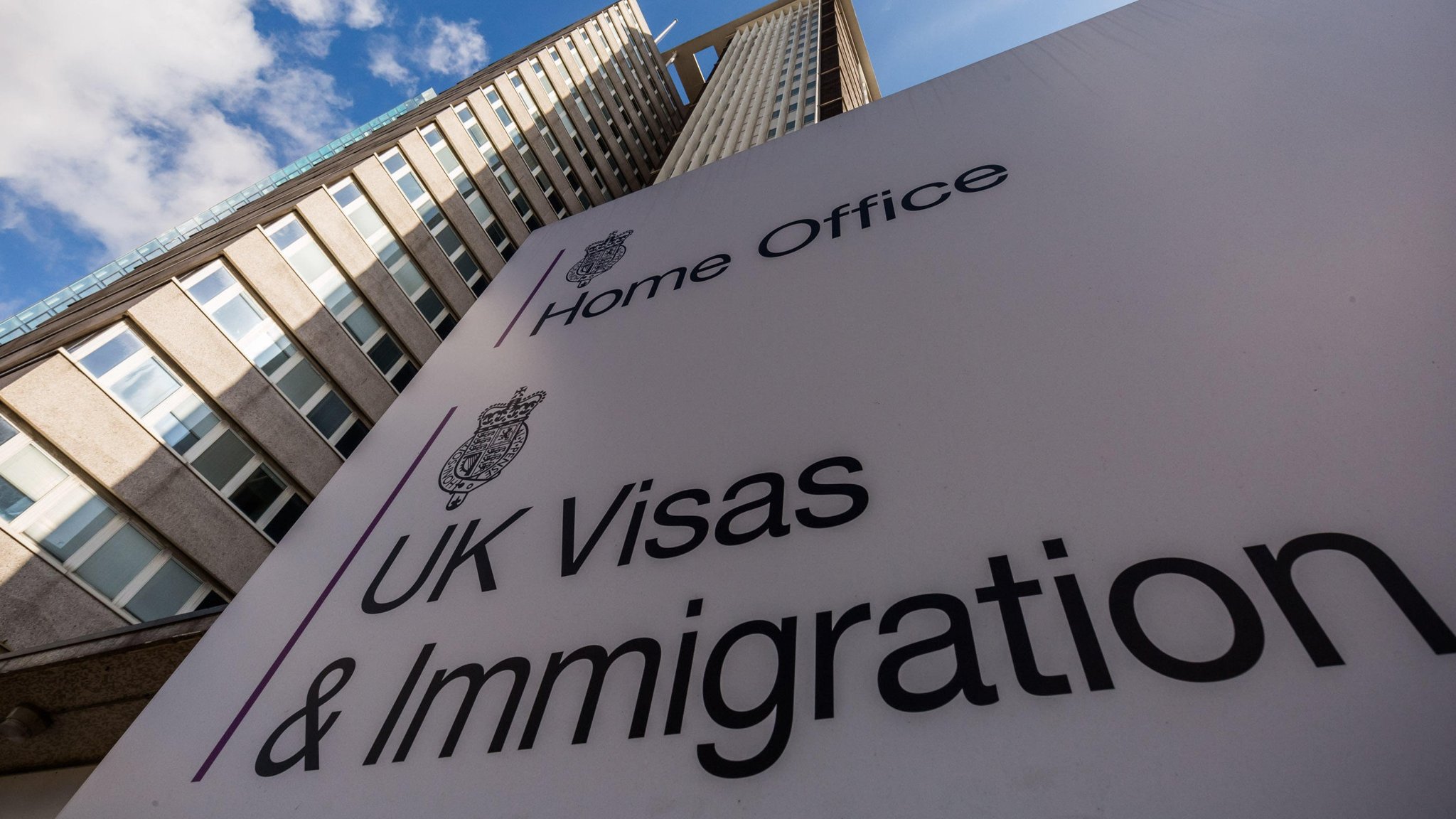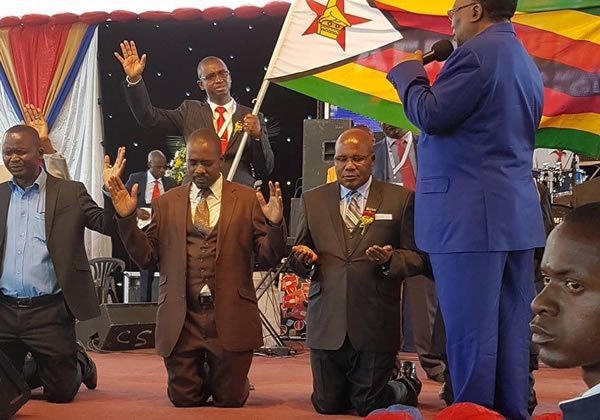New AU head Zimbabwean President Robert Mugabe embodies the spirit of the old Africa the OAU represented, says Peter Fabricius.
Pretoria – As he got up to accept the chair of the AU in Addis Ababa on Friday, Zimbabwean President Robert Mugabe recalled how he had been present, as the representative of his party, Zanu-PF, at the founding of the AU’s predecessor organisation, the Organisation of African Unity, in the same city in May 1963.
There was considerable, but unintended, irony in his reminiscence. Firstly, of course, because it underlined his age; he turns 91 later this month. And secondly, because it emphasised how much he embodies the spirit of the old Africa the OAU represented.
The OAU was almost entirely dedicated to decolonisation. The AU replaced it in 2002 to refocus the continent instead on the vital values that had been neglected: democracy, the rule of law, respect for human rights, good governance and peace.
There was not much about those topics in any of Mugabe’s speeches, though he skated cursorily over them ex-officio. He was more interested in decolonisation, justifying his own land-grab programme under that rubric, urging his fellow leaders to prevent foreigners exploiting their natural resources, and berating Morocco and Israel for their “colonisation” of Western Sahara and Palestine respectively.
There was another OAU moment when a journalist threw a curve ball at him, asking him what he thought of the parole of Eugene de Kock and urging him to pressure African leaders to release the many journalists they have jailed.
Mugabe at first didn’t seem to know who De Kock was, but when an official whispered in his ear, he said: “The South African people are very legalistic, they obey the law to the full. If they judge that… he has served his term, that is okay.” Clearly the rule of law, like some of the other fundamental values of the AU, is for others, seemed to be the implication.
He seemed incredulous that anyone should suggest he waste his time as AU chairperson pleading with his peers to release journalists. “I will rather pray for you,” he said, provoking further chuckles.
According to some tweets from the closed session of AU leaders, Mugabe also caused guffaws from journalists when he defended earlier remarks that women could not be on a par with men, “because we are different biologically… some things women can do, men cannot do… You can’t suckle babies can you? Not even the gay ones can”.
In the closed session, Mugabe reportedly also expressed himself strongly during a debate about the International Criminal Court (ICC), which has angered the AU by indicting two sitting presidents, Sudan’s Omar al-Bashir and Kenya’s Uhuru Kenyatta. It dropped charges against Kenyatta in December for lack of evidence.
According to tweets, Mugabe in effect told Kenyatta he had betrayed the memory of his father Jomo, independent Kenya’s first leader, by going to The Hague in the first place.
When Kenyatta proposed that Africa turn its back on the ICC and focus instead on its own African Court – which is about to get criminal jurisdiction for the first time – Mugabe said that it would be a good idea if “b***** whites” were brought before this court, according to the tweets.
It would be remiss not to add that there was some validity in Mugabe’s call for Africa to process its own wealth of mineral and other resources, rather than exporting them raw. And his long experience cast a lurid light on Africa’s still-fraught relationship with the West that was quite thought-provoking.
Mugabe is usually greeted rapturously, but his reception at this summit seemed more ambivalent. As the continent moves on, Mugabe is becoming ever more a slightly embarrassing ghost of Africa past.
* Peter Fabricius is Independent Newspapers’ foreign editor.
The Star






